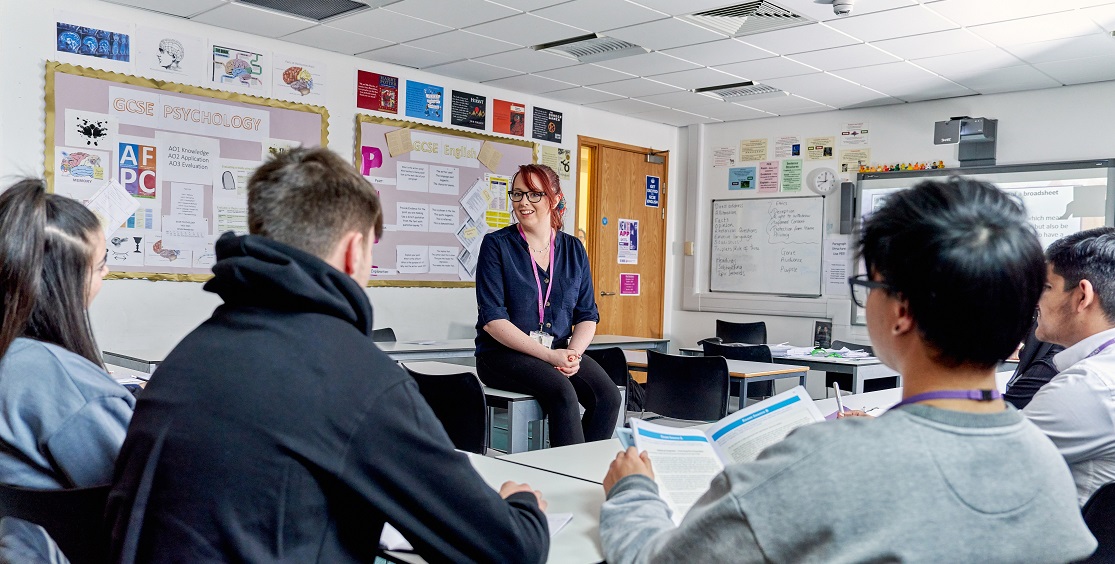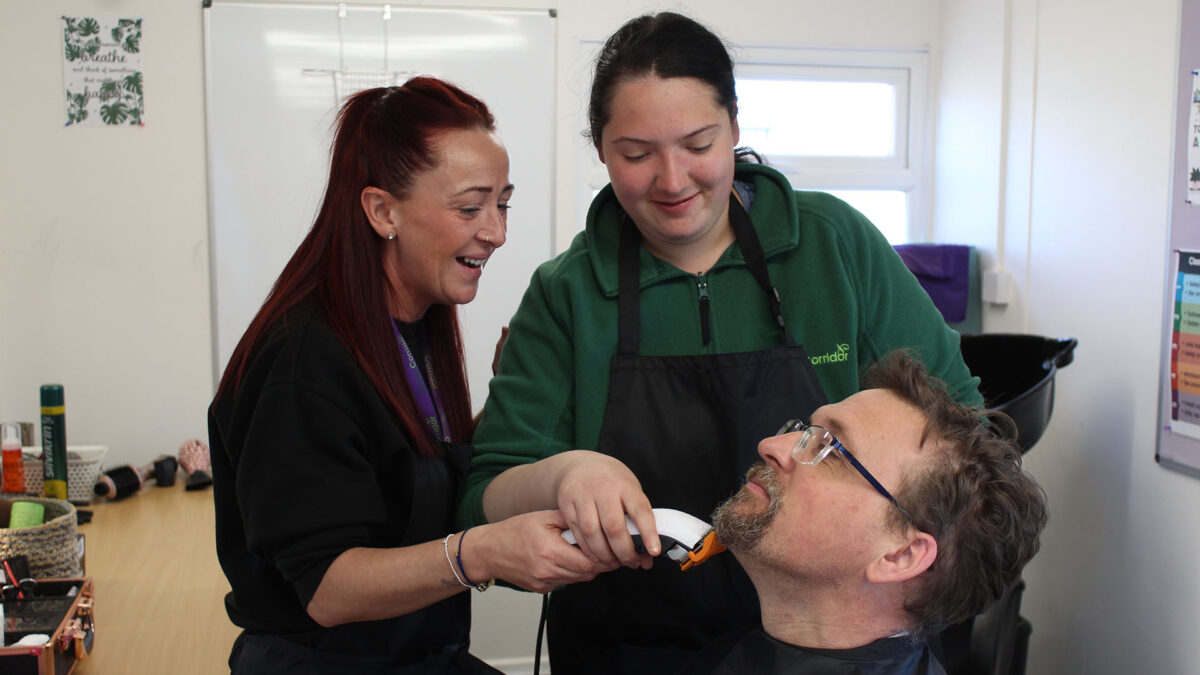ChatGPT has undermined calls to replace written exams with coursework

As students return from their Easter break and prepare for this summer’s exams, a new report from the education think tank EDSK finds that the release of ChatGPT and other artificial intelligence (AI) tools means that coursework and other forms of ‘teacher assessment’ are no longer viable due to the insurmountable risk of cheating by students. The report calls for written exams to retain their place as the main form of assessment in secondary schools and colleges but with some important reforms to address the weaknesses of existing exams.
The report shows that even before chatbots emerged in recent months, coursework had long suffered from various forms of malpractice. Over the last 20 years, numerous reports from regulators and independent experts have shown that work produced by students with minimal supervision resulted in widespread plagiarism. In addition, some students were getting too much assistance from parents or teachers, or even having their coursework written for them. The development of new technology such as ChatGPT has now exacerbated concerns over plagiarism, as AI tools can produce entire essays and projects with little input (if any) from the student. There is no realistic prospect of teachers, headteachers or exam boards being able to consistently detect such malpractice, making coursework-style tasks unsuitable for A-levels and other high-stakes exams.
The report also shows that coursework and other similar tasks cause considerable problems for teachers. The enormous workload burden that teachers face when arranging, supervising and marking coursework and ‘controlled assessments’ is a serious cause for concern. What’s more, asking teachers to mark their own students’ work puts them in an immensely stressful position, knowing that a student’s final grade could determine their progression to university or employment. Putting teachers in this unfair position has repeatedly been shown to lead to a ‘bunching’ of marks at the top end of the grading scale. This was demonstrated yet again during the pandemic, with the proportion of A and A* grades at A-level leaping from 25 per cent in 2019 to 44 per cent in 2021. Academic research has also highlighted the risk of ‘bias’ when asking teachers to judge their own students, with students from poorer households or those with special educational needs most likely to receive lower marks than other students of the same ability.
Despite coursework and other alternatives to written exams struggling for credibility, this report finds that written exams have several weaknesses as well. Exams focus on testing students’ knowledge and understanding in written form in a silent exam hall rather than reflecting the wider skills that many employers and universities prize. Meanwhile, oral exams – such as those used for foreign languages – can help to develop verbal communication skills, which employers frequently claim are lacking among many school and college leavers. What’s more, the Extended Project Qualification (EPQ) – a voluntary and independently-produced essay or project completed alongside A-levels – has been shown to improve students’ research, writing and presentation skills and better prepare them for university.
The report concludes that written exams should continue to be the main method for assessing students due to their standardised format, anonymous marking and limited scope for malpractice – but a package of reforms is still needed to combine these benefits with the strengths of other forms of assessment. EDSK therefore proposes the following changes:
- To broaden the curriculum and develop a wider range of skills, A-level students should be required to take one additional subject in Year 12 (equivalent to an AS level) that will be assessed entirely through an oral exam instead of a written test.
- To ensure that A-level students develop their research and extended writing skills beyond an exam setting, the EPQ should be made compulsory and operate as a low-stakes skills development programme.
- To give schools and colleges the resources they need to expand their 16-19 curriculum to include an additional subject and the EPQ, per-student funding (currently £4,642) should be increased by approximately £200 a year to reach £6,000 by 2030.
Tom Richmond, director of EDSK and co-author of the report, said:
“Replacing written exams with coursework and other forms of ‘teacher assessment’ would almost certainly deliver grades that are less accurate and trustworthy while also increasing teachers’ workload. In any case, the advent of ChatGPT has fatally undermined the case for expanding the use of coursework, as it would lead to widespread malpractice and significantly reduce the fairness of the final grades awarded to students across the country.
“The best way to produce rigorous and credible grades while guarding against malpractice, particularly when faced with increasingly sophisticated AI, is to keep written exams as the dominant form of assessment but add in new challenges for students to help them develop a broader range of skills. The future of assessment for A-level students should therefore be a combination of written exams and oral exams alongside an independent research project of their choice.”












Responses